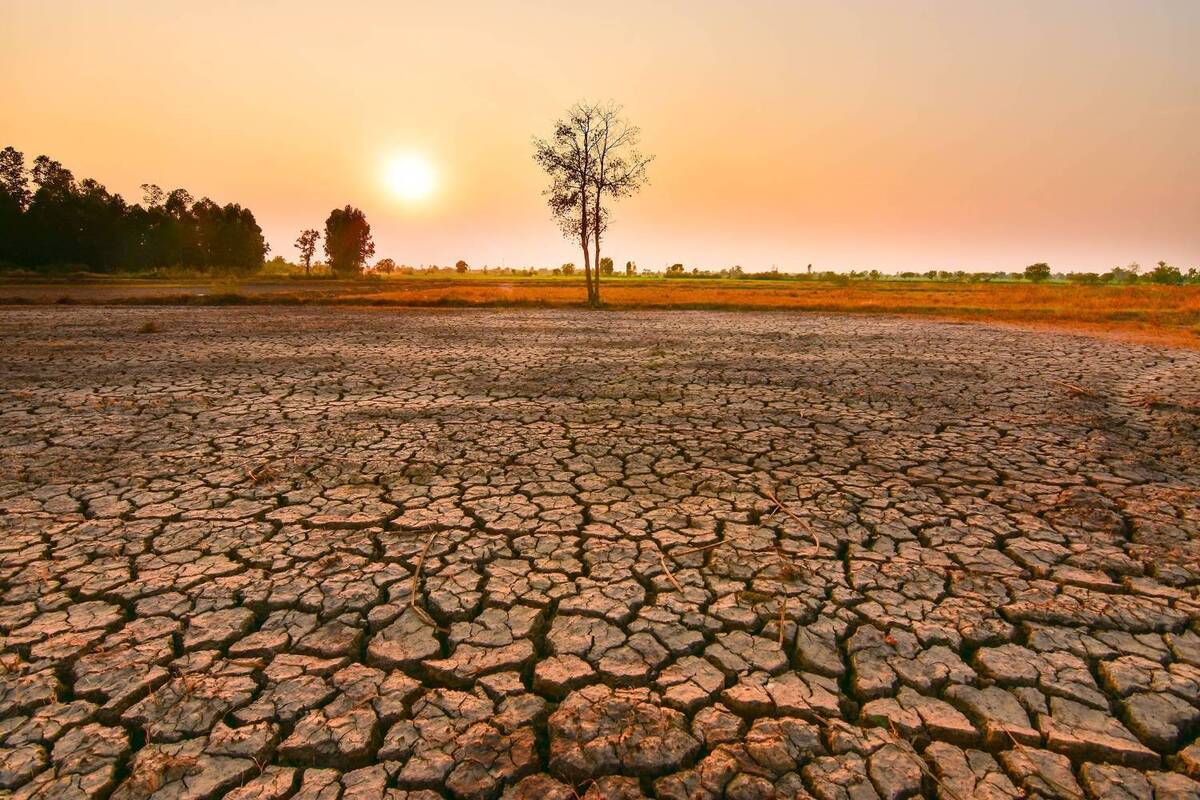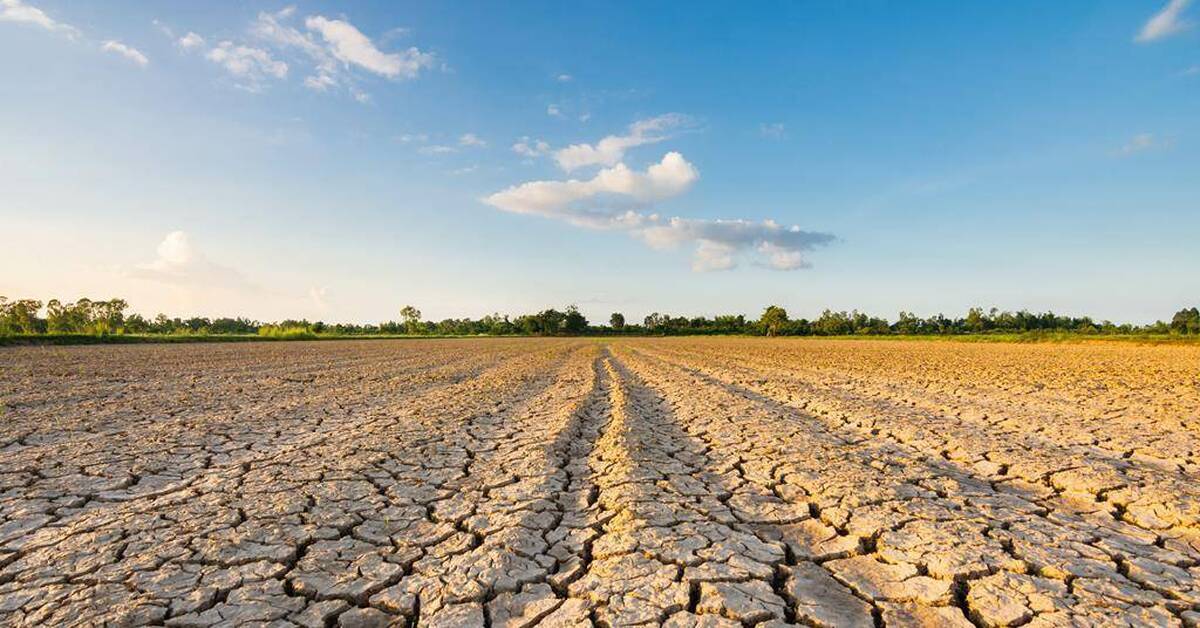El-Nino-Induced Drought Reduces Botswana's GDP by 38 Percent

Crop yields dropped from 206,572 metric tons in the 2021/2022 cropping season to 125,184 metric tons in the 2022/2023 cropping season, with cereal production standing at 23 percent of national needs, Botswana Climate Change Network (BCCN) revealed in its report findings released recently.
BCCN is a non-profit organization whose core mandate is to strengthen capacity on climate change and advocate for developing and implementing policies that support climate and environmental sustainability.
The drought comes as a result of climate change, which warms ocean waters and alters global rainfall, fueling droughts and heavy floods that damage crops and kill livestock, according to BCCN.
Late last month, President Mokgweetsi Masisi declared the 2023/2024 season an "extreme agricultural year," since the rainy season from October 2023 to March 2024 was parched, with below-average rainfall throughout the southern African country.
"Under the current climatic conditions, the reduction in Botswana's GDP brought about by the drought equates to an annual 5.8 billion U.S. dollars in losses for the country's GDP in 2023," the network said.
BCCN also stated that Botswana is one of Africa's eight most affected countries, with the drought impacting food security and water availability.
4155/v
























